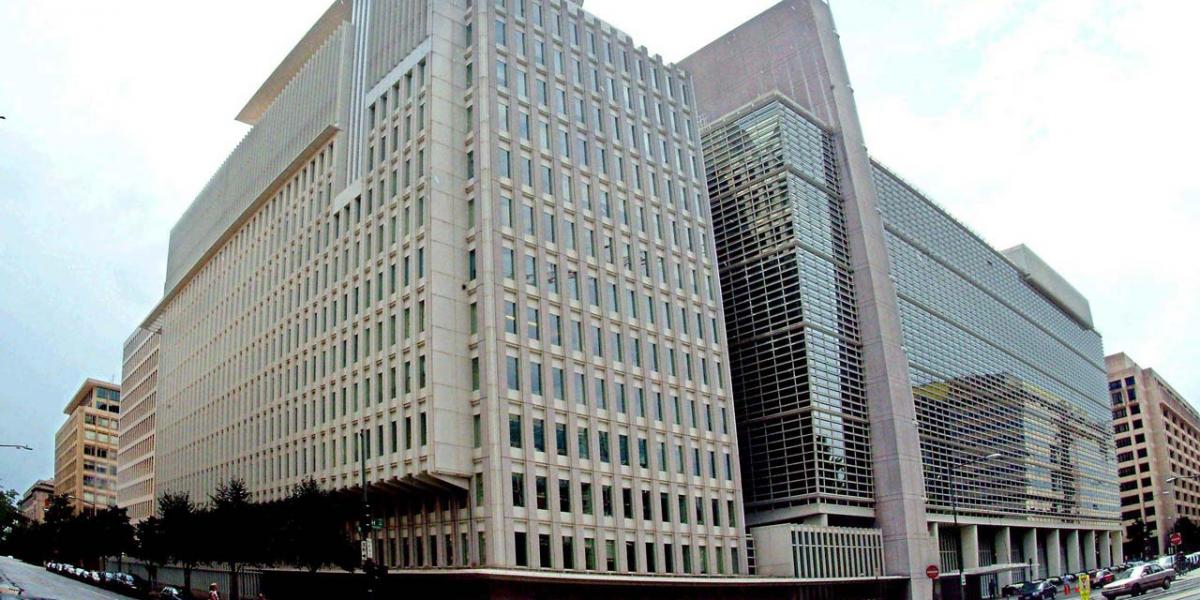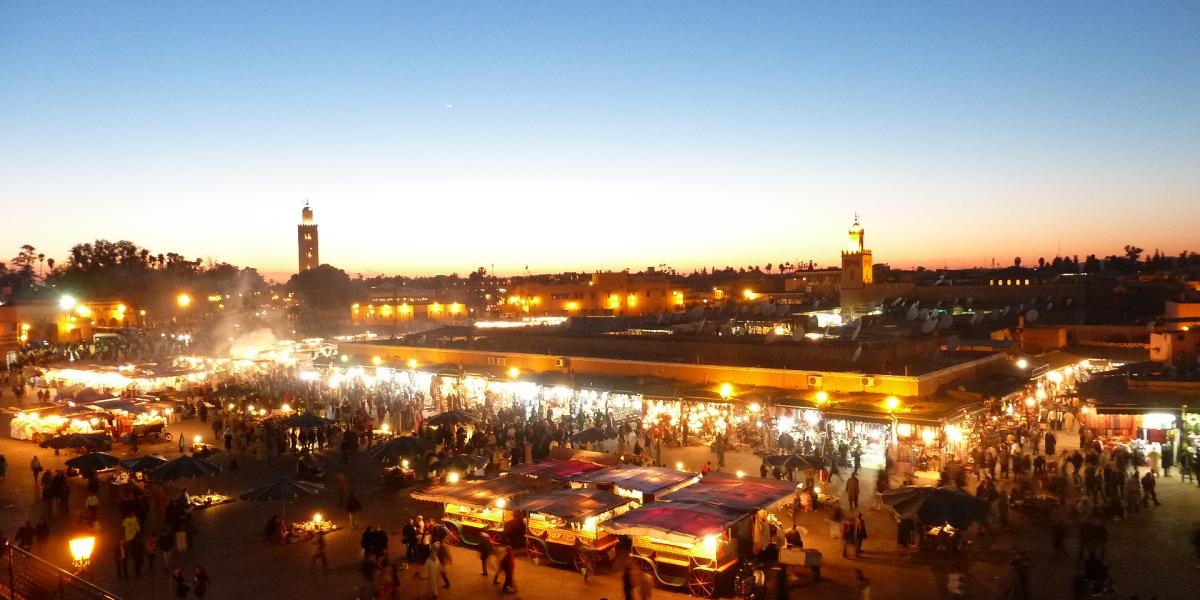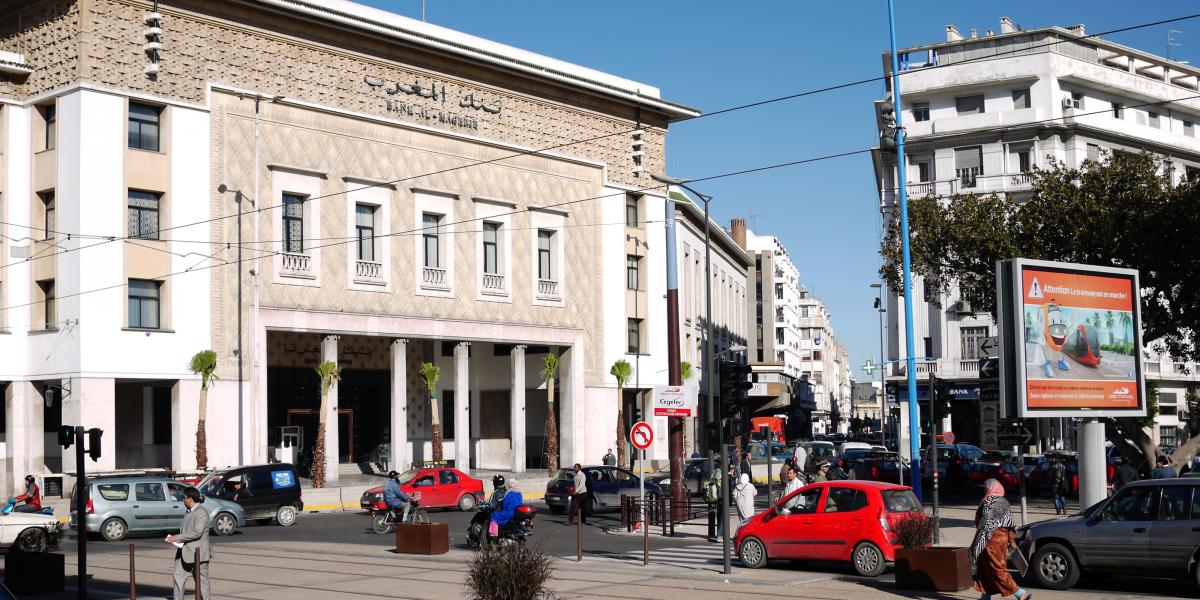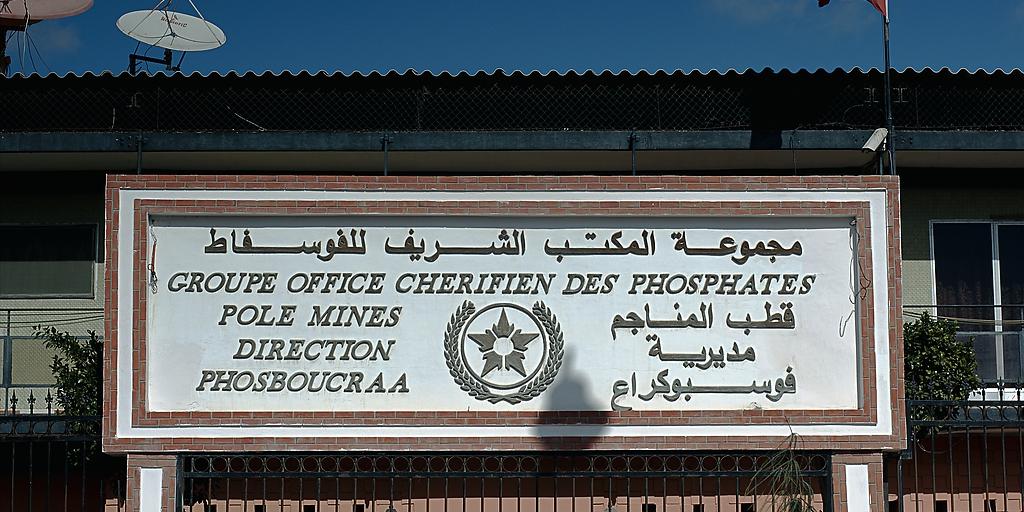Nigeria risks financial ‘blockade’, frosty relations with funders
- 01 July 2022 / News / 278 / Fares RAHAHLIA

World Bank calls for sovereign debt changes ahead of looming recession
• Cold attitude to reforms harming domestic investment outlook, experts say
• ‘Challenge western countries but with better policy options’
• Nigeria’s Eurobond rises by about 100% in six months
Nigeria is gradually inching towards a financial ‘blockade’ at the international financial market, as its working relationship with international development and funding partners, including the World Bank and the International Monetary Fund (IMF), deteriorates to its worst level in recent years.
This comes with dire consequences for the prospect of raising cheap funds. Already, the yields of Nigeria’s Eurobond have increased significantly, from an average of 6.5 per cent at the start of the year to about 12.5 per cent this month, about a 100 per cent rise in six months.
Several external factors such as the global hike in interest rates and high inflation rate have significant impacts on the cost of borrowing from the global market, a reason the United States’ 10-year bond has also increased from 1.75 per cent in January to over three per cent.
But the country is wallowing in a web of self-inflicted missteps with some experts arguing that its rising risks and deteriorating sovereign rating would have contributed to the sudden sharp rise in the country’s already under-priced bonds.
Last month, JP Morgan, an American leading investment bank, delisted Nigeria from the class of emerging market sovereign recommendations that investors should be ‘overweight’ in.
“Nigeria’s fiscal woes amid a worsening global risks backdrop have raised market concerns despite a positive oil environment,” the bank said while it upgraded Serbia and Uzbekistan for their low risks.
JP Morgan’s decision is interpreted as a grave red light with negative implications on the country’s investment outlook and credit worthiness. Other credit rating agencies, including Fitch Ratings, have raised countless questions about the country’s competitiveness while calling for reforms, suggestions often rebuffed by the government.
YESTERDAY, a senior official at the World Bank added to calls for changes in sovereign debt laws, so, governments have more control when crises strike. World Bank economists estimate that low- and middle-income economies owe a record US$9.3 trillion to foreign creditors and that 40 poor countries, and about half a dozen middle income ones, are either in debt distress or at a high risk of it.
“As global growth fizzles and interest rates surge, the risk of a spate of debt crises is rising – and yet the available mechanisms for tackling them are deeply inadequate,” Indermit Gill, the bank’s vice president for equitable growth, finance and institutions and Lee Buchheit, sovereign debt lawyer said, in a statement.
First, they said government bond contracts should stipulate that all creditors have a legal duty to cooperate ‘in good faith’ in sovereign-debt restructurings.
Second, all sovereign debt contracts should limit how much a creditor can collect through law suits outside the Common Framework and, in addition, include ‘Collective Action Clauses’, which mean all bonds can be restructured as long as the vast majority of bondholders have agreed.
That, in turn, would clip the wings of so-called vulture funds that try to hold out and then take governments to court to score a bigger payout for themselves.
Third, it should be made harder for creditors to seize the assets of a debt-distressed government if it has acted in good faith.
IN recent times, recommendations and advisories of the World Bank and IMF have been received coldly and, sometimes, with outright rejection. While the organisations are not in a position to apply sanctions on the country for not embracing market reforms, much of their funding programmes are conditioned on the country’s willingness to either align with popular choice at home or modern economic thoughts.
Nigeria has had an unpleasant experience adopting the Bretton Wood System economic philosophy; hence, it is a somewhat populist decision to ignore their recommendations.
The Structural Adjustment Programme (SAP), which set the tone for the perennial naira flip-flop, is a significant example. But the World Bank officials are quick to push back, saying the government of Nigeria implemented its recommendations halfway, which is worse than no implementation at all.
Some of the issues Nigeria has had sharp disagreement with the development organisations on in recent years include trade restrictions, liberalisation of foreign exchange (FX) management, multiple exchange rates, oversized development financing role of the Central Bank of Nigeria (CBN), alleged abuse of the Ways and Means (W&M) window of the apex bank and low debt transparency.
Whereas the international development partners have taken a clearly defined pro-market stance on the issues, engagements are often stalled or frustrated by lack of clearly articulated positions on the part of the Federal Government.
In some instances, there is absolute silence, ambiguity or contradictory positions from different ministries, departments and agencies (MDAs). Some other times, the government changes its position after it has committed itself to certain processes.
The handling of the Premium Motor Spirit (PMS) subsidy is a classic example of how the government mismanages its communication with the international community. President Muhammadu Buhari had, last year, signed the Petroleum Industry Act (PIA) with a proviso to remove petrol subsidy, a decision that was hailed by the anti-subsidy World Bank with a promise to fund the proposed palliatives.
But less than six months after his assent, President Buhari backtracked, suspended implementation of the act and effectively extended subsidy payment till the end of his administration.
A consultant to the World Bank and close associate of its officials in Nigeria told The Guardian, at the weekend, that President Buhari’s decision “was a deal-breaker” and embarrassed the bank’s executives who were ready to fast-track any support request to assist the country to transition to a post-subsidy era.
In its latest Nigeria Development Update (NDU), the bank points out subsidy payment as a major drain on the country’s resources and paints different scenarios on how the economy could achieve a much-faster growth if more resources are freed from subsidy and channeled to more productive activities.
From the World Bank, IMF to Fitch, no development organisation or rating agency has drafted a report on the Nigerian economy in the past decade without highlighting the hole created by inefficiency in resource allocation, with a special focus on subsidy payment and its irritating deadweight loss.
Petrol subsidy is a deciding factor in the decision of JP Morgan to delist Nigeria from its emerging market benchmark. The investment bank explained that the delisting was caused by the inability of the Nigerian National Petroleum Company (NNPC) Limited to transfer any revenue to the government from January to March this year, a challenge caused by petrol subsidy payment and low oil production.
While subsidy takes a chunk of the proceeds of oil sales, oil production dropped to the lowest level (in the recent memory) during the same first quarter as the sector reels in crude theft. The World Bank and IMF had earlier lamented about the country’s inability to take advantage of the bullish oil prices and pinpointed it as a major setback to the country’s growth outlook.
PMS subsidy, slumping oil production and waste in the public sector are overstretching the country’s fragile fiscal position. Yet, President Buhari told the World Bank and others, in an interview with Bloomberg, last week, that it would be hypocritical to advise Nigeria to discontinue subsidy payment while the western countries are administering the same.
“Most western countries are today implementing fuel subsidies. Why would we remove ours now? What is good for the goose is good for the gander! What our western allies are learning the hard way is what looks good on paper and the human consequences are two different things. My government set in motion plans to remove the subsidy late last year,” the President said in a response that flies in the face of decorum and history of the discussion.
In reference to the CBN’s intervention programmes, which the World Bank claimed had a crowding-out effect on risk-adjusted or commercial lending, the President said: “The governor is following an alternative economic model that puts people at the heart of policy. Nigeria should be free to choose its development model and how to construct our economy, so it functions for Nigerians.”
Stakeholders say the President’s interview falls short of how a country’s major creditors should be communicated with and that the country’s regular media posturing is a source of worry to the organisations who see Nigeria as a partner.
Godwin Owoh, a professor of applied economics and consultant to the World Bank, wonders why a serious country will ignore established channels of communication with its partners to speak with media on subjects as important as economic reforms.
He argued that the World Bank’s Article 1V Consultation offers every country an opportunity for idea-sharing but that Nigerian officials often ignore the space in preference for media campaigns that are not taken as official communication channels by the institution.
“Those reactions are not channeled through the official means of communicating with the World Bank. The official channel of communication is Article 1V Consultation where they discuss with members their economic policy issues and the general mandate of the bank,” Owoh said.
Article 1V requires officials of the World Bank to visit member countries to engage stakeholders on their findings after which an extensive report is sent to the board for approval. The platform gives the officials of the bank and representatives of member countries opportunities to debate policy thrusts, the deficiencies, prospects and options.
But Owoh argued that Nigerian officials historically feel threatened by the visit of the officials of the World Bank owing to their involvement in the failings exposed by the reports produced after the visits.
He warned that the international market had stopped taking Nigeria seriously because of the “country’s poor response to the reports.”
The implications of this, Owoh added, is taking a toll on the country’s outlook in the international market. “Genuine investors have gone. The only investors you see are representatives of countries with imperialist tendencies and others with ulterior motives. Real investors have started ignoring Nigeria’s economy; they will not even want to come close to our bonds,” he said.
As bad as the situation seems, the economist said reports by the World Bank and IMF are the mildest “we can get”, arguing that the rot is deeper than what the “whitewashed reports” present.
“They don’t even talk about the mind-boggling corruption. It is terrible. When you carry out research, you juxtapose it with empirical issues on the ground. Look at this, why is it difficult for the country to run a university system today? We should begin to ask these questions. The World Bank and IMF are mild in their report; what would the government do if a truly independent neutral body comes up with a report of the state of the economy?” he asks.
The scholar agreed that members are expected to differ with an advisory body but argues that such is only possible where the economic managers of the country have a superior policy option.
He insists that subsidy and CBN interventions, which the international organisations have been tasking the government on, are fueling inefficiency as well as corruption and amounts to misallocation of resources.
source: The guardian
 English
English
 français
français
 العربية
العربية







